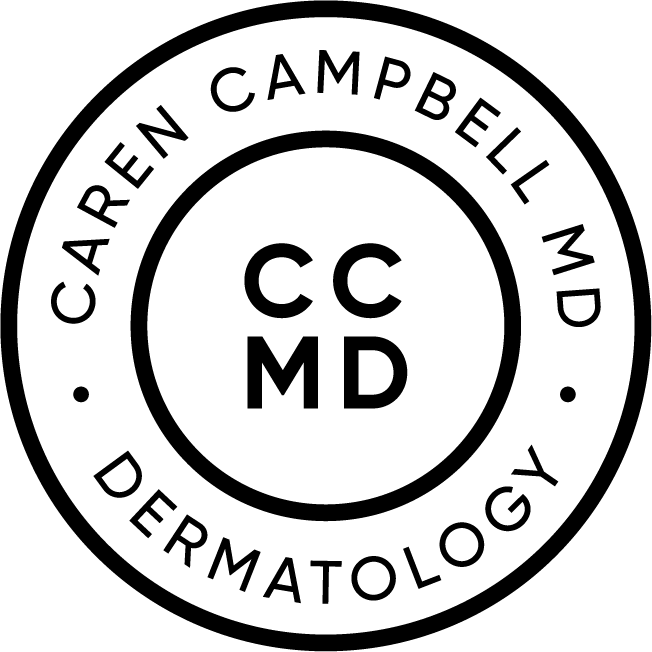Excess Sweating
aka Hyperhidrosis
What is hyperhidrosis?
Excess sweating or hyperhidrosis usually affect the palms, soles, and underarms, but can affect other areas of the body. At your initial visit with Dr. Campbell, it is important to rule out any secondary medical conditions or medications that could be the cause of your excess sweating. Most patients experience excess sweating due to unknown causes and it tends to begin in childhood or adolescence. Triggers can include emotional distress, heat and spicy foods.
How do I prevent my excess sweating?
Avoid triggers: alcohol, spicy food, emotional situations. Avoiding triggers can be difficult, but can offer some benefit if possible. Wear loose-fitting, airy clothing made of natural, breathable fabrics.
How do I treat my excess sweating?
Aluminum chloride is the least invasive initial treatment option that offers relief for many patients. Dr. Campbell will usually prescribe a trial of an antiperspirant called Drysol and have patients apply a thin layer nighty to involved areas and wash off in the morning. Usually patients will use their clinical strength or regular antiperspirant and/or deodorant in the morning after they have washed off the topical antiperspirant.
The antiperspirants are not working, what else can be done for excess sweating?
Oral prescription strength medications like oxybutynin or glycopyrolate that control secretion of sweat from the sweat glands can be very effective. Side effects as related to decreased secretion from other glands in the body, including the eyes and mouth. Patients on oxybutynin or glycopyrolate can experience dry eyes and dry mouth and urinary retention. Consult with Dr. Campbell to determine if oral medications are appropriate for your excess sweating.
I do not want to take a pill for excess sweating, are there other options?
Iontophoresis is another safe, effective treatment option for patients with excess sweating of the palms and soles. Iontophoresis sends a mild electrical current through the skin that creates a painless tingling sensation. Iontophoresis stops the sweat glands temporarily, but treatments are needed a few times a week for about twenty minutes. At home iontophoresis units are available at rafischer.com, but are typically not covered by insurance.
Miradry is another option that has recently become available for excess sweating. Miradry delivers microwave energy to the glands and destroys them utilizing heat. Miradry is not available at our office, but more information is available on their website here.
I have heard Botox can help treat excess sweating, is this covered by my insurance?
Injections of neuromodulators like Botox and Dysport can help excess sweating of the underarms, palms and soles. Botox or Dysport temporarily blocks the chemical signals from the nerves that stimulate sweat glands. Blocking of these signals prevents production of sweat in the treated area. Insurance usually does not cover Botox and Dysport injections for sweating.
How long does Botox and Dysport for sweating last?
On average, Botox or Dysport injections for excess sweating typically last between 4-6 months.

